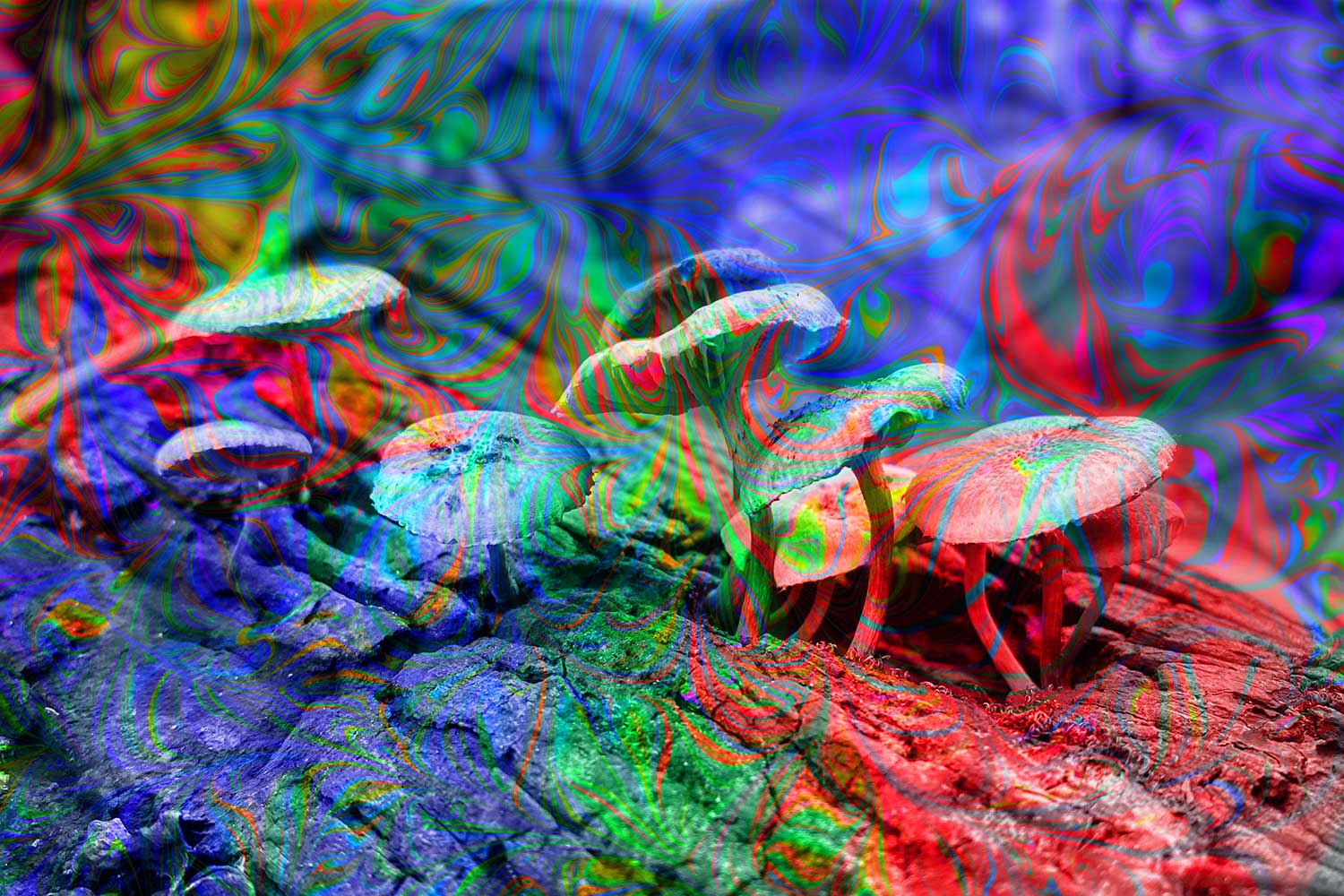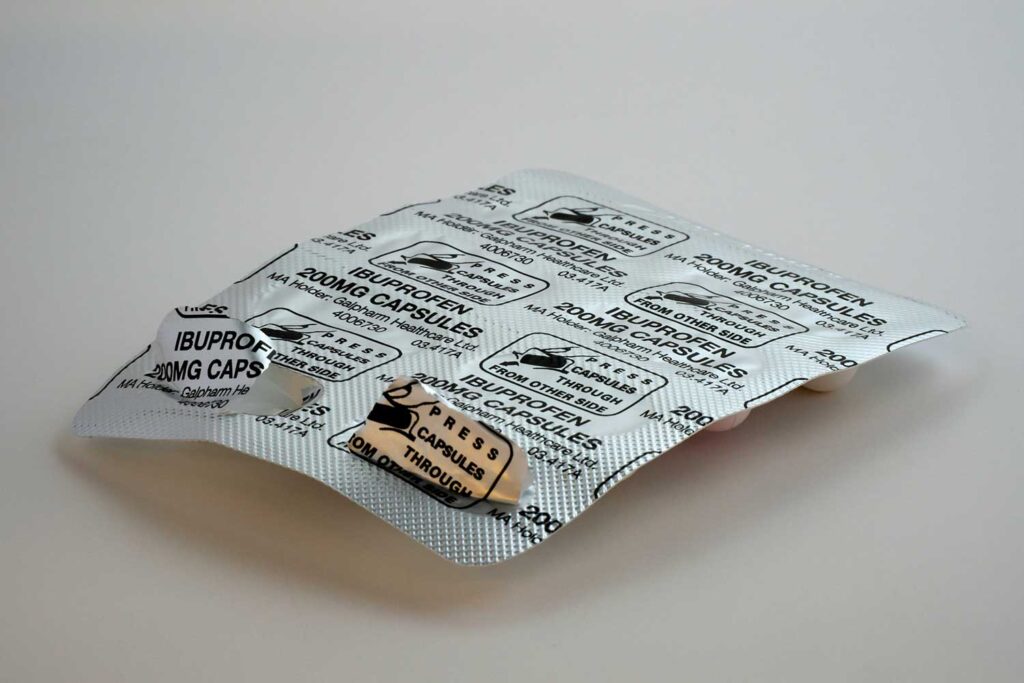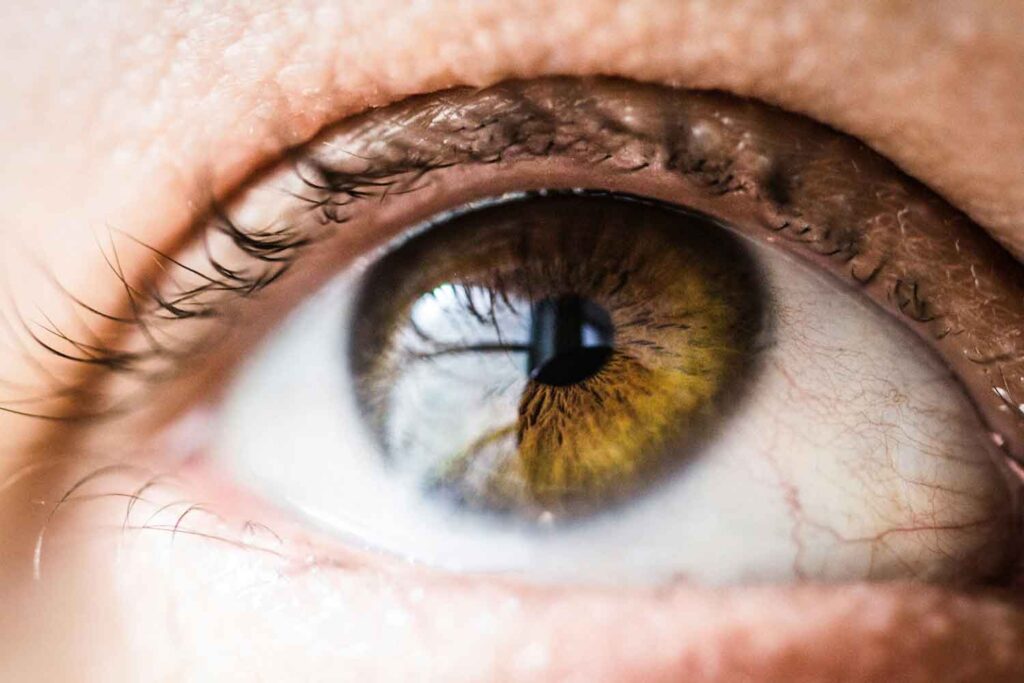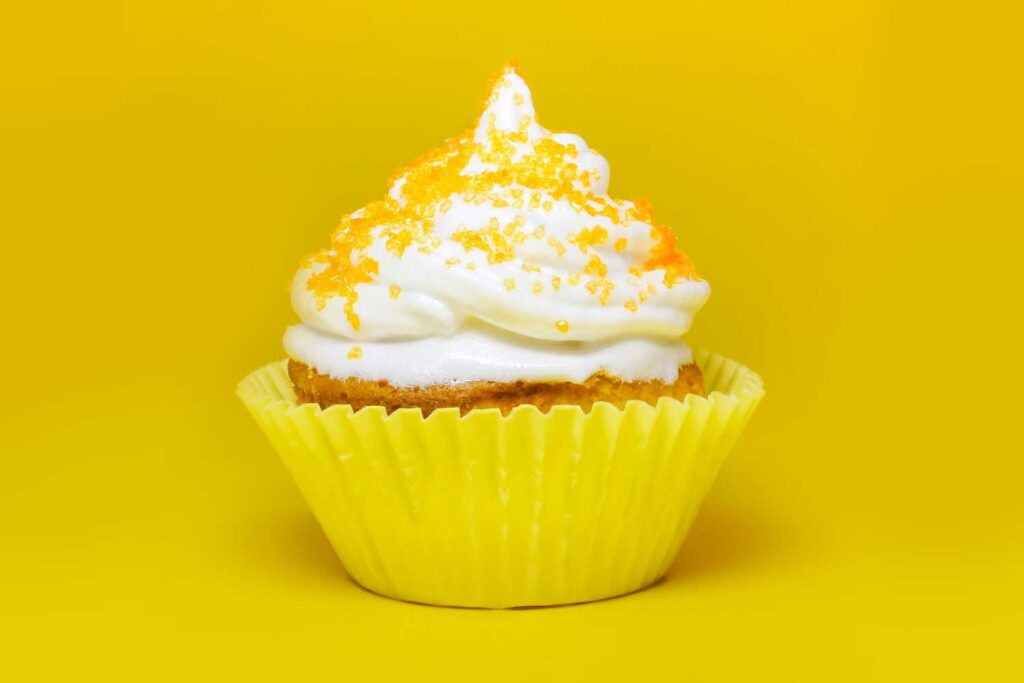What are hallucinogens effects and is marijuana a hallucinogen?

Did you know the word ‘psychedelics’ was coined by Humphrey Osmond in 1957? Psychedelics or hallucinogens are drugs that cause people to have hallucinations or other sensory disturbances. According to Drugabuse.gov, hallucinogens are a “diverse group of drugs that alter perception, thoughts, and feelings.” Drugabuse.gov identified two categories of hallucinogens: classic hallucinogens and dissociative drugs. Some names of psychedelics you may recognize are lysergic acid diethylamide or LSD, psilocybin (magic mushrooms) and mescaline (from the peyote cactus). Many people also wonder if marijuana a hallucinogen. Read on to find out.
Feature Photo Source: Unsplash/Unsplash
Many people take psychedelics for the feeling of euphoria and the other sensory experiences that come with those types of drugs. However, there are some people that aren’t able to feel psychedelics. Before we get into why let’s look at how psychedelics work in the first place.
What are hallucinogens and how do they effect the brain?
According to Live Well Mind, “hallucinogens work by stimulating, suppressing, or modulating the activity of the various neurotransmitters in the brain.” The chemical structure of the specific hallucinogen will dictate which neurotransmitter it interacts with. When the drug interacts with the neurotransmitter, according to Live Well Mind, it causes a chemical imbalance in the brain. This chemical imbalance is what causes the psychedelic effects.
Drugabuse.gov says that classic hallucinogens work partially by “temporarily disrupting communication between brain chemical systems throughout the brain and spinal cord.” Hallucinogens can also affect the brain by interfering with a hormone called serotonin. Serotonin affects our mood, sensory perception, sleep, body temperature, etc. On the other hand, dissociative hallucinogenic drugs, interfere with the action of the brain chemical glutamate, which regulates: pain perception, responses to the environment, emotion as well as learning and memory.
Hallucinogens effects
According to Drugabuse.gov, the effects of classic hallucinogens can begin with 20 to 90 minutes of using them. However, the effects of dissociative drugs can begin within minutes and can last several hours. At the end of the day, as Healthline puts it, the length of time the effects last is dependent upon your age, BMI, dose and metabolism.
Healthline shared the effects of LSD, a popular psychedelic/hallucinogen, and separated them into physical symptoms and mental symptoms.
Physical symptoms of hallucinogens
- dilated pupils
- rapid heartbeat
- palpitations
- elevated blood pressure
- increased body temperature
- flushed skin
- sweating
- tremors
- tingling in the fingers and toes
- dry mouth
- dizziness
- blurred vision
- loss of appetite
Mental symptoms of hallucinogens
- Hallucinations such as flashing lights
- Out of body experiences
- Intensified senses
- Euphoria
- Synesthesia (eg hearing colors)
- Paranoia
- Anxiety and panic
- Mood swings
- Distorted perception of time and environment
Are hallucinogens dangerous?
They can be.
Healthline listed a host of long-lasting effects of psychedelics. The article says, “over time, using hallucinogens can lead to speech problems, memory loss, anxiety, and depression. In rare cases, people may be left with psychosis, flashbacks or a condition called hallucinogen persisting perception disorder.” Healthline noted that weed doesn’t cause these symptoms as a hallucinogen.
Drugabuse.gov echoed the same symptoms that Healthline listed. Their article said those who use classic hallucinogens frequently, like LSD, may be left with persistent psychosis and Hallucinogen Persisting Perception Disorder (HPPD). What is interesting about HPPL is that it may cause flashbacks that happen suddenly up to a year after use of the drug. Those who use dissociative drugs such as ketamine may experience long-term effects such as speech problems, memory loss, weight loss, anxiety depression and suicidal thoughts.
The risk factors according to Drugabuse.gov are people with mental illness although it could affect anyone. The article stated, “Both conditions are seen more often in people who have a history of mental illness, but they can happen to anyone, even after using hallucinogens one time.”
Hallucinogens as possible treatment
However, scientists are also looking for ways to use psychedelics to treat people as well. According to a study, hallucinogens may offer those with Major Depressive Disorder some relief. The study, published in JAMA Psychiatry concluded that “psilocybin with therapy is efficacious in treating MDD.” The area, of course, will need more research but it looks promising.
Why do some people not feel psychedelics?
You may know someone who just isn’t affected by psychedelics but have you ever wondered why? Well according to James Giordano, professor of neurology and biochemistry at Georgetown University Medical Center, who was quoted in High Times, people may not be taking enough of the drug. Giordano mentioned that people who are new to a drug may start with a low dose but chances are it’s not enough for them to experience the effects of the drug.
Another reason Giordano mentioned is that certain medications such as antidepressants suppress the sensations from psychedelics. Apparently, antidepressants called SSRIs and benzodiazepines interfere with the nervous system and the enzymes that would process the drug. This leads to feeling the effects of the drug for a shorter time, delay in its effects of even dulling of effects.
Everybody is different and so it’s not unusual that people experience drugs in different ways.
Is marijuana a hallucinogen?
Marijuana can also produce psychedelic effects and so technically can be classified as psychedelic or a hallucinogen. Marijuana produces some of the effects of other hallucinogens such as changes in sensory perception. According to Medical News Today, using marijuana can cause someone to see brighter colors, hear sounds differently, and being more sensitive to touch. Medical News Today says a heightened sensory perception is a mild form of hallucination.
Marijuana acting as a hallucinogen can cause some other symptoms that are not as enjoyable. Medical News Today listed nausea, increased heart rate, paranoia, and powerful hallucinations as the less than pleasant effects that could happen.
While Healthline agrees that marijuana can be seen as a hallucinogen, the article made the point that hallucinations are rare and don’t happen in all users. Also, as mentioned earlier, weed doesn’t cause many of the long-lasting or negative hallucinogenic effects associated with LSD and other psychedelics.
Conclusion
Psychedelics are experienced differently by everyone. Some are able to feel the full spectrum of effects while others can’t. Whether it’s due to medication or not enough dosage or something else is unknown. While marijuana may be classified as a hallucinogen, it doesn’t tend to produce much of the unpleasant effects that are sometimes associated with hallucinogens. While there can be some less than pleasant long-lasting effects associated with the overuse of psychedelics, scientists are trying to use its powers to make people’s lives better. We’re excited to see where the research goes.












